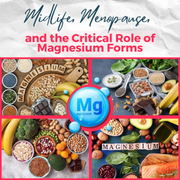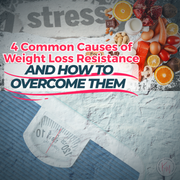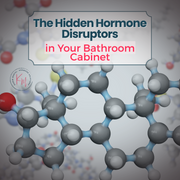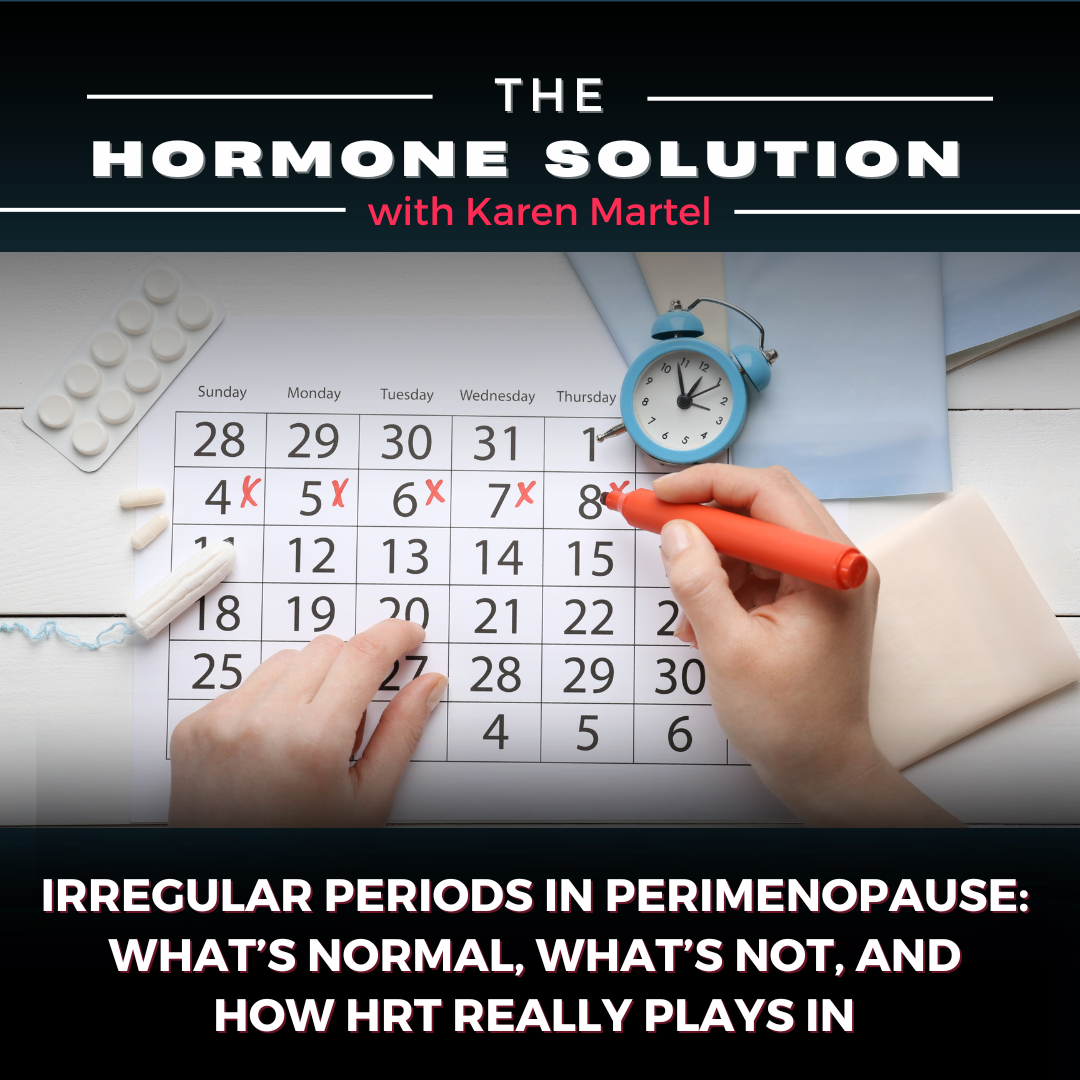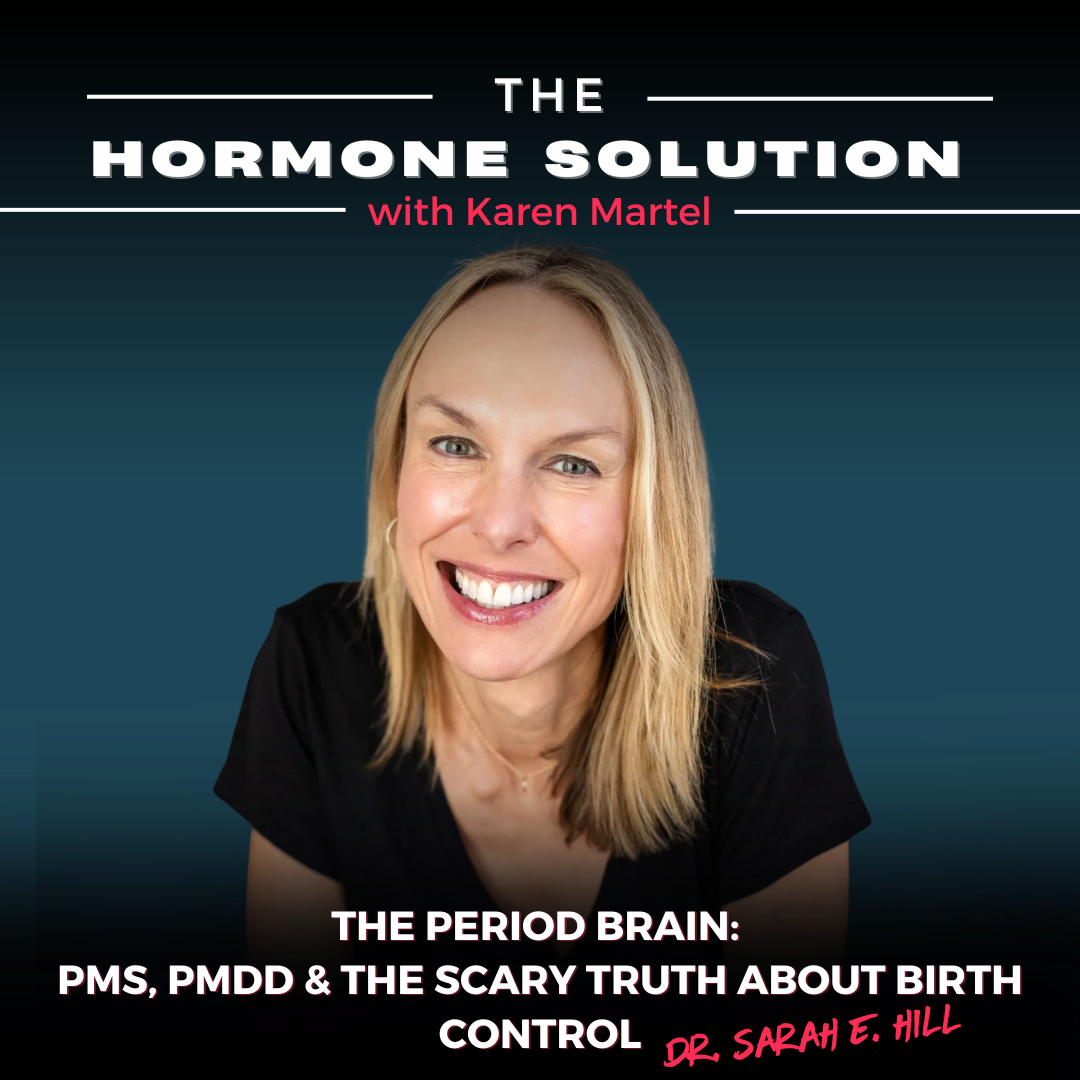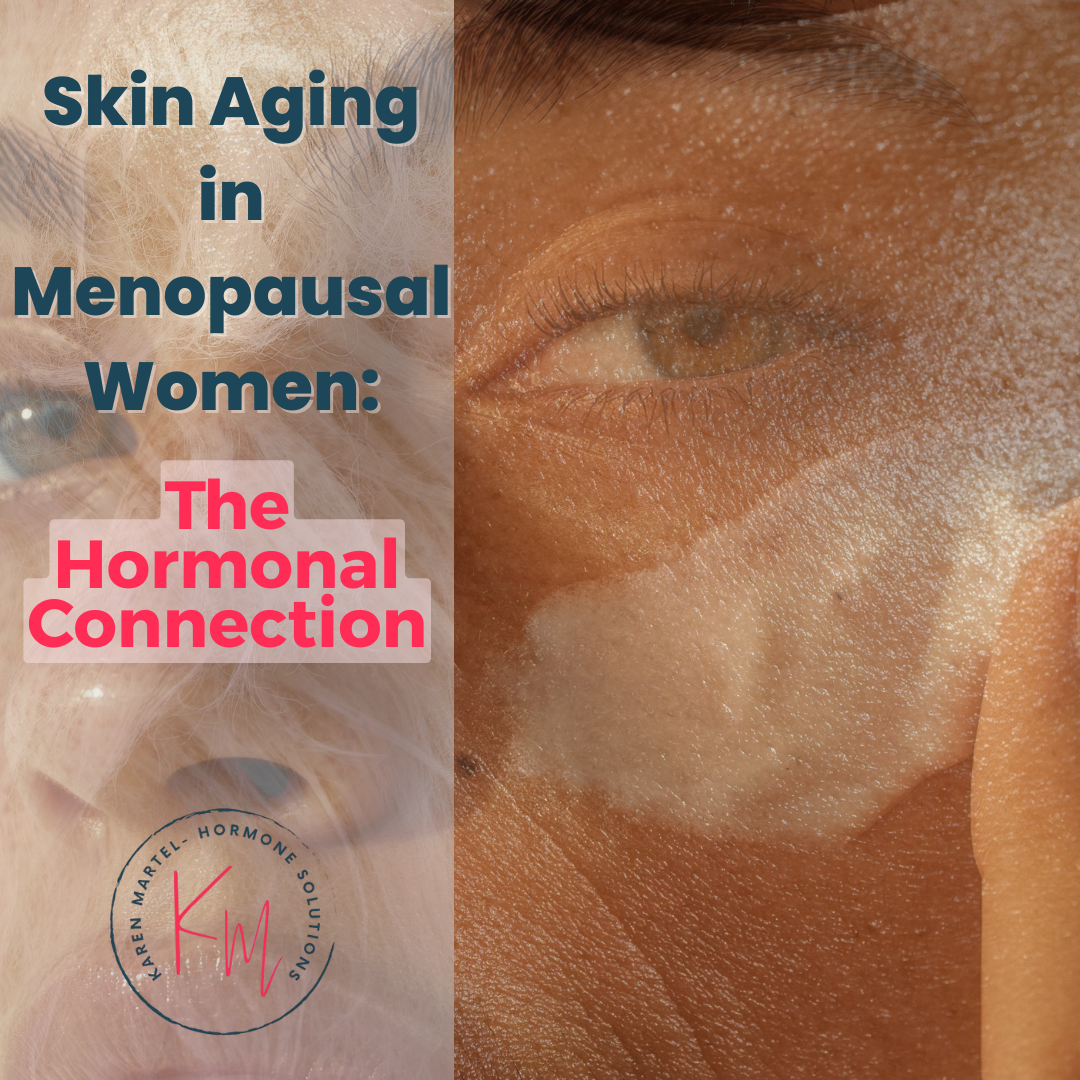
Skin Aging in Menopausal Women: The Hormonal Connection
Let’s talk about something that affects most women as they navigate through menopause—skin aging. You know, the fine lines, the thinning skin, the dryness, and the dreaded sagging. If you’ve been noticing these changes in the mirror, you’re not alone. But here’s the thing: menopause and the accompanying hormone fluctuations are big players in how our skin changes. Let’s dive into why this happens, what you can do about it, and how to embrace your skin through this stage of life.
What Happens to Your Skin During Menopause?
Menopause typically begins around age 50, marking the end of your reproductive years. This shift comes with a decrease in the production of estrogen and progesterone. These hormones are crucial for keeping your skin youthful and elastic. Estrogen, in particular, plays a big role in collagen production, which helps keep skin plump and firm. As estrogen levels decline, so does collagen production.
So, what are some of the skin changes you might see?
-
Thinning Skin
Collagen is what gives your skin its strength, structure, and elasticity. As estrogen drops, so does the production of collagen, making skin thinner and more fragile. This thinning leads to more noticeable fine lines, wrinkles, and a loss of firmness. -
Dryness
Estrogen also helps retain moisture in the skin by promoting the production of oils. When estrogen drops, the skin’s ability to retain moisture decreases. The result? Dry, flaky, and dull-looking skin. -
Loss of Elasticity
Estrogen helps maintain the skin's ability to stretch and return to its original shape. Without it, your skin can sag and lose its youthful bounce, leading to what we often refer to as "jowls" or loose skin around the jawline and neck. -
Age Spots & Hyperpigmentation
The decrease in estrogen and the increase in androgen (male hormones) during menopause can cause an imbalance in melanin production, leading to those dark spots or "age spots" on your skin. You might also notice more freckles or skin discoloration in areas that are exposed to the sun.
Why Hormones Matter
The connection between hormones and skin aging is clear, but it’s not just estrogen that plays a role. Other hormones like progesterone, testosterone, and cortisol are also involved. For example, decreased progesterone levels can contribute to water retention, which can cause puffiness and bloating in the face. On the flip side, the increase in cortisol (the stress hormone) during menopause can break down collagen and lead to accelerated skin aging.
Interestingly, testosterone also fluctuates during menopause. While testosterone isn’t directly linked to skin elasticity, it can affect the density of your skin, causing it to feel less smooth and more rough.
How to Care for Your Skin During Menopause
Now, I’m not here to just give you the rundown of what’s happening to your skin—I’m here to offer some solutions too. Yes, your skin will change, but with the right care and attention, you can still keep it glowing and vibrant.
-
Hydrate, Hydrate, Hydrate
Dry skin is one of the most common issues during menopause, so you want to make sure you're keeping your skin hydrated. Look for rich moisturizers that contain hyaluronic acid, ceramides, or glycerin—ingredients that help attract and lock in moisture. -
Support Collagen Production
While you can’t exactly reverse the loss of collagen, you can support its production. Topical retinoids (vitamin A derivatives) are one of the most effective ways to boost collagen and improve skin texture. They promote cell turnover, which can help reduce fine lines and wrinkles. Additionally, consider taking collagen supplements. Some studies have shown that collagen peptides can help improve skin elasticity and hydration. -
Protect from Sun Damage
If you haven’t already made SPF your best friend, now is the time to do so. Sun exposure is one of the biggest culprits in premature aging, especially as we age and our skin becomes thinner. A broad-spectrum sunscreen with an SPF of at least 30 should be applied every day, regardless of the weather. -
Hormone Therapy
Yes, I’m going to mention hormone replacement therapy (HRT) here. Estrogen-based HRT has been shown to help improve skin thickness and elasticity. Some studies suggest that transdermal estrogen (delivered through the skin) is particularly beneficial for skin health during menopause. Talk to your doctor about whether HRT might be a good option for you. -
Vitamin C and Antioxidants
Vitamin C is your best friend when it comes to fighting oxidative stress and protecting your skin from the damage caused by free radicals. It also promotes collagen production. You can apply serums that contain vitamin C directly to your skin, or take it as a supplement. Other antioxidants like vitamin E, green tea extract, and niacinamide also have anti-aging benefits. -
A Holistic Approach
Skin health isn't just about what you put on your skin; it's also about what you put in your body. Eat a balanced diet rich in antioxidants, omega-3 fatty acids, and plenty of fruits and vegetables to support skin health from the inside out. Stress management and quality sleep are just as important for keeping your skin youthful.
The Bottom Line: Embrace Your Skin
Menopause doesn’t have to mean a downhill spiral for your skin. Yes, your hormones are shifting, and with it, your skin’s appearance may change. But there are plenty of ways to slow down the process and even improve your skin’s health. Whether you’re looking into skincare routines, supplements, or hormone therapy, the most important thing is to care for your skin in a way that works for you.
Aging is a natural process, but that doesn’t mean we can’t age with grace and vitality. It’s about understanding what’s happening and taking proactive steps to support your skin’s health. Embrace your journey through menopause, knowing that you have the tools and knowledge to keep your skin glowing and strong.
References
Gonçalves, A. P., Ladeira, C., & Costa, S. (2018). The role of estrogen in skin aging and its potential for therapy. Skin Pharmacology and Physiology, 31(3), 117–125. https://doi.org/10.1159/000490
917 Shuster, S., & Black, M. M. (2003). Skin aging and the menopause. British Journal of Dermatology, 148(1), 67–72. https://doi.org/10.1046/j.1365
-2133.2003.05017.x Zouboulis, C. C., & Bosanquet, D. C. (2009). Hormonal regulation of skin aging. Dermatoendocrinology, 1(1), 30–33. https://doi.org/10.4161/derm.1
.1.8503

Find Karen Martel on Apply Podcast
Karen Martel is a Certified Hormone Specialist and Transformational Nutrition Coach dedicated to empowering women through their health journeys.
As the host of the popular podcast The Hormone Solution, Karen tackles the complexities of hormonal health, weight loss resistance, and the challenges that come with perimenopause and menopause.
Her mission is to disrupt outdated narratives surrounding women's health, providing reliable information and practical solutions that help women reclaim their vitality.
Tune in to discover how to embrace life's stages while enhancing overall well-being.

